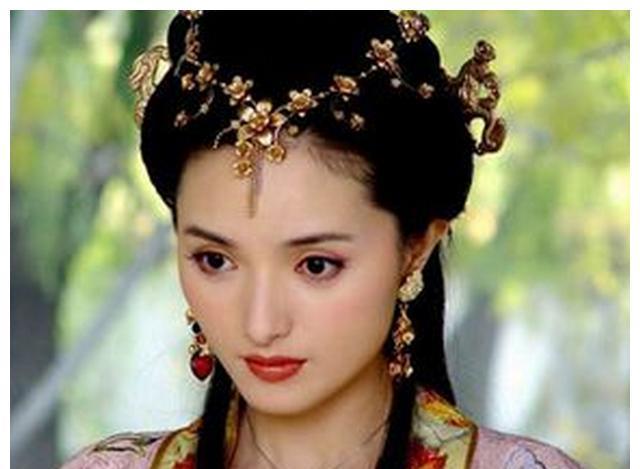In the late Ming and early Qing dynasties, there was a woman's name, which can be said to be related to the fate of the country and determine who is in charge of the ups and downs. That is Chen Yuanyuan, who has left Wu Sangui's ancient song of "rushing the crown and turning a red face" to this day. Wu Sangui led the Qing army into the customs, which caused the complete demise of Daming and opened the process of the Manchu Qing Dynasty mistakenly leading China for 300 years, and China completely lagged behind the world. Therefore, Chen Yuanyuan was saddled with historical infamy. So, what was Chen Yuanyuan's final fate, and where was he buried after he died?

Judging from historical records, after Wu Sangui launched the San Francisco Rebellion, Chen Yuanyuan was still around. However, in 1678, Wu Sangui proclaimed himself emperor at Hengyang and established the State of Zhou, but soon died and passed the throne to his grandson Wu Shipan. After that, Wu Shipan continued to lose and retreat, and in 1681, when the Qing army invaded Kunming, Wu Shipan directly committed suicide, and the so-called Zhou State was directly destroyed. Since then, Chen Yuanyuan has not known his whereabouts, and since then he has searched for more than 300 years, and has not found it, which is also a major unsolved mystery in the study of Qing history.
However, all this changed from a tombstone, and one day in June 2010, a tombstone was found in Majiazhai, a very remote mountain village in Cengong County, Qiandongnan Prefecture, Guizhou Province, southwest china, which was identified as the tomb of the last year of the Ming Dynasty. The matter was quickly reported to the Cultural Relics Bureau, and the archaeologists of the Cultural Relics Bureau quickly arrived, only to see that the inscription on this tombstone read: "The tomb seat of the Former Concubine Wu Men Nie Clan."
At first glance, this is the tomb of a lady surnamed Nie, but there is a mystery in it, experts have seen it, and according to the situation of the tomb, it is unanimously concluded that this tomb is Chen Yuanyuan's tomb. Why? Experts explained that at that time, after Wu Sangui's death, Chen Yuanyuan and other descendants were wanted criminals, and they would definitely be killed after they were caught, so the tombstone text did not dare to directly write who he was, so he could only use code language.
Chen Yuanyuan was born in Suzhou, known as Wu in ancient times, so the "Wumen" here is also the meaning of Suzhou. And this "Nie" character is even more hidden, Nie is composed of two ears, can be interpreted as "Chen", that is, the inscription means "so the tomb seat of the Chen clan in Suzhou" This makes sense. And the most important thing is that in this remote mountain village, Wu Sangui's descendants have also been found, and there is also a "secret heir" to guard Chen Yuanyuan's tomb.
It is reported that in the 1980s, this secret heir once claimed to be a descendant of Wu Sangui, and also pointed out Chen Yuanyuan's tomb, but at that time, people did not believe it, and it did not attract attention. According to this "secret heir", in order to protect the tomb of Chen Yuanyuan and the descendants of the Wu family, therefore, in each generation, a "secret heir" will be selected to pass down the family history and tombs through oral transmission, which is now the 10th generation.
According to this "secret heir" Wu Mou, after Wu Sangui's death that year, Chen Yuanyuan thought that the general trend was about to go, so he decided to sneak out of Yunnan with Wu Sangui's child Wu Yingqi and came to the then wild and remote Southeast of Guizhou. Later, I saw that Majiazhai was beautiful and very hidden, so I settled here and multiplied here.
And this "secret heir" told the experts about Chen Yuanyuan's deeds as many family treasures, even some experts are ashamed of themselves, it is reported that Chen Yuanyuan arrived in Guizhou until his death in 1689, when he died at the age of 67, in order not to be discovered after death, therefore, the use of code words to carve the burial. And what can be determined now is that more than 200 villagers and more than 1,300 people in this Majiazhai are all descendants of Wu Sangui.